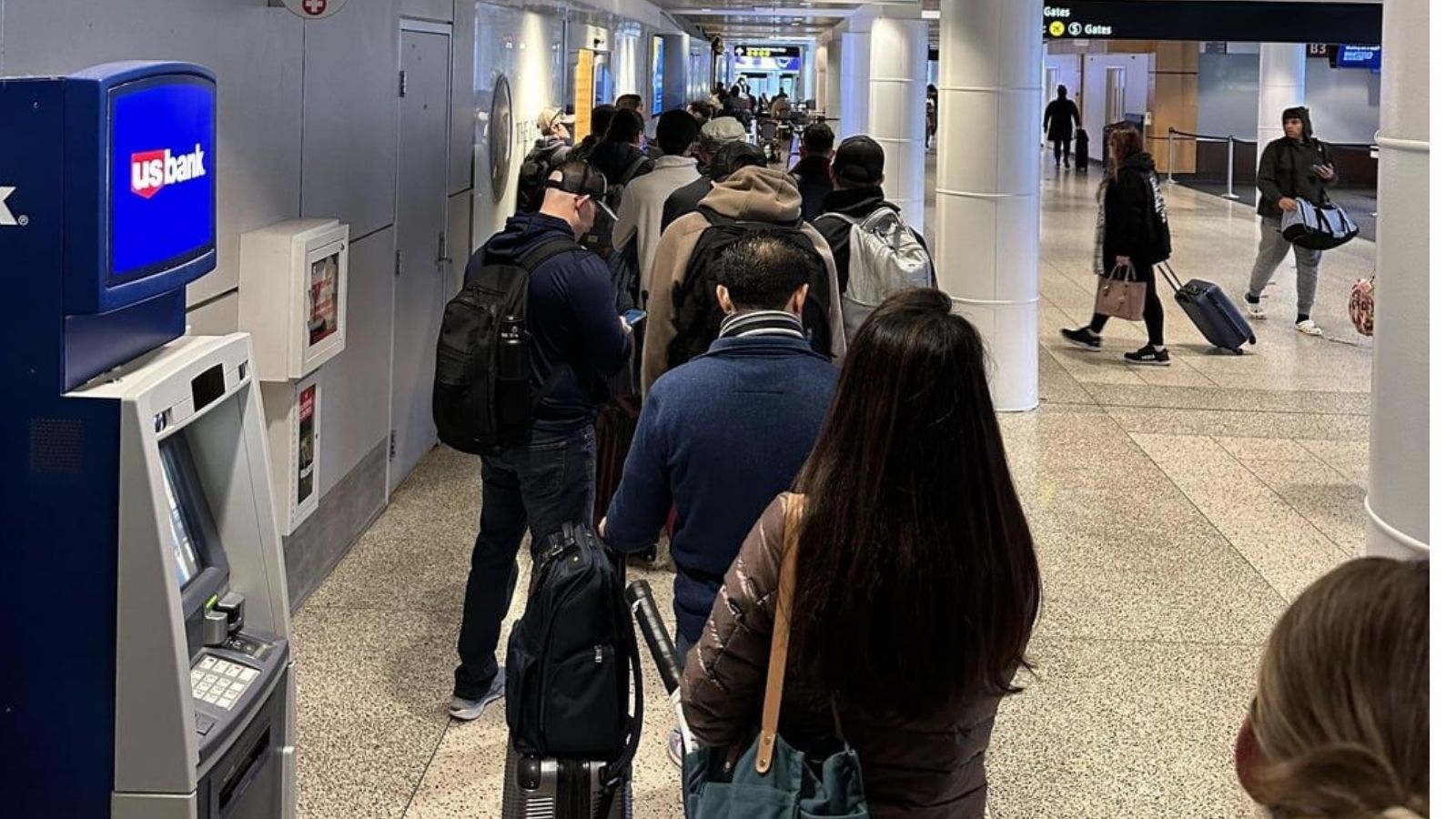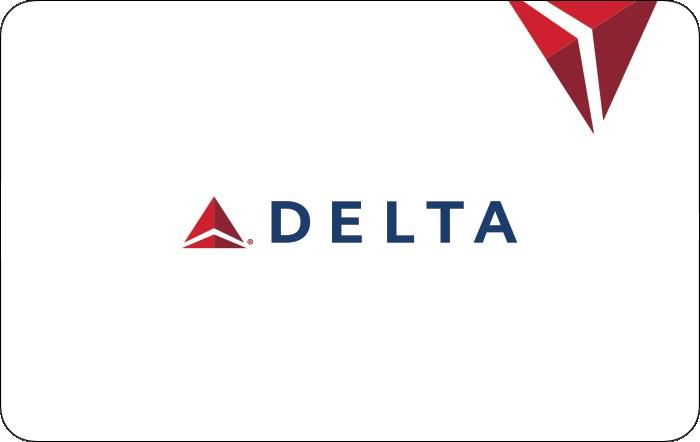Amex is playing coy with welcome offers, ranking the most expensive US states and cities to raise kids and Delta elite status might not be all it’s cracked up to be. All that and more in this week’s Saturday Selection, our weekly round-up of interesting tidbits from around the interwebs (links to the original articles are embedded in the titles).
Amex adds digital waitlist for Centurion Lounges

When American Express opened the first Centurion Lounge in Las Vegas in 2013, it was a trendsetter. Amex was the first credit card issuer to put resources into creating its own, branded airport lounges, and indeed the product itself was a significant upgrade to the packaged cheese and crackers mediocrity that passed for “business lounges” in much of the US, with a nicer aesthetic and much better food and drink options. Amex now has 15 Centurion Lounges around the world, which is about 422 less than they need to accommodate the thousands of Platinum card-bearing travelers that descend on them daily, giving rise to absurd wait-times. Initially, Amex wouldn’t let you get on the waitlist for a full lounge until you physically presented yourself at the door, but that’s now changed as it has launched the ability to to join that list online. Sounds great, doesn’t it? Unfortunately, it’s not available at all lounges yet, doesn’t give you an estimate of the current wait time at the lounge you’re going to and, once you’re notified, you only have 10 minutes to get to the door before they cancel your spot and you have to move to the back of the line. Thrifty Traveler has the details.
Is chasing Delta status still worth it?

Delta fans are legion amongst frequent travelers…and a lot of them are irritated. Over the last few year, the value of Delta SkyMiles has continued to decline, the path to elite status is about to grow more arduous and complimentary upgrades have become less common than in-flight unicorn sightings. Delta ruffled some Diamond and Platinum feathers a couple of weeks ago when it announced that it was now selling ~88% of all premium cabin space, leaving precious little of it for loyal elite members. The continued degradation of Delta elite benefits has René over at Eye of the Flyer asking himself whether or not the elite juice is still worth the SkySqueeze.
Which US state is the most expensive to raise kids?

It’s not cheap to raise kids in the United States, which is part of the reason that I think that our own Nick Reyes is such a revered figure around these parts. It’s one thing to travel the world on points and miles by yourself or with a partner, a whole different bag entirely when award availability means that you need 3, 4 or even 5 seats to be available on the same flight. Yet Nick somehow figures out how to do it over and over again, taking his family of four on round-the-world trips in business class and spending so much time on free cruises that his kids actually think that they live on a boat. It’s no wonder that a significant amount of our readers are parents; points and miles can be an excellent resource to take some of the sting out of the eye-watering price tag of family vacations. That said, although children aren’t a money-saving proposition wherever they’re grown, have you ever wondered if where you’re raising yours might be just a bit pricier than those folks that live in the next state over? Upgraded Points recently shared the most recent data from the Economic Policy Institute’s annual study that answers just that question…and the results might surprise you.
What’s the deal with “up to” Amex welcome offers?

Boy, do we love ourselves some Points Parade. American Express has been the unquestioned leader over the last several years when it comes to welcome offers, introducing us to such terrific numbers as 200K, 250K and even 300K. While we’re unquestionably grateful to Amex for the long-term largesse, accessing the best offers is almost never a simple proposition – they’re almost always targeted, whether it be by card history, geography, astrological sign or some other bizarre qualifier that we can’t figure out. Over the last couple of years, Amex has developed and a new, dastardly way of targeting folks that are using others’ referral links: by saying that you can get “up to” or “as high as” X amount of points (it’s usually a big number). The problem is, they don’t tell you exactly what that number is until after you’ve entered all of your information and submitted the application. Then they kindly tell you if you’re approved and what your welcome offer will be. Yuck. These variable offers have become increasingly common, especially over the last year or so. Miles the Monkey recently ran into this insidious tomfoolery and was understandably befuddled.





Misleading article on cost of kids. It measures % increase in having kids instead of absolute cost. So Minneapolis is higher on the list than San Francisco despite bring 35% cheaper.
I actually thought it was a nifty way of dealing with cost-of-living and income differentials between different areas. You can sort the data by absolute numbers like you’re wanting to see, but I find it more instructive to compare the differential in costs between not having kids, having one kid or having two kids within the same city or state.
I dunno. I’ve raised two kids in Minneapolis and once you’re out of daycare the cost of raising kids doesn’t feel like an everyday topic.
It’s all about income. I can move to Midwest for cheaper costs but I’d lose 2/3 of my income
Tier status provides what benefits that a premium cabin ticket doesn’t? An upgrade is a non-issue as you’re already in the “upgraded” seat . . . and as the article states, realization of tier-status-based upgrades as well as RUC/GUCs is evaporating. If we seek to travel only on points, an earning multiplier on revenue flights is irrelevant. That leaves a phone line for IRROPS and little else. Given the current environment, tier status is hard to justify.